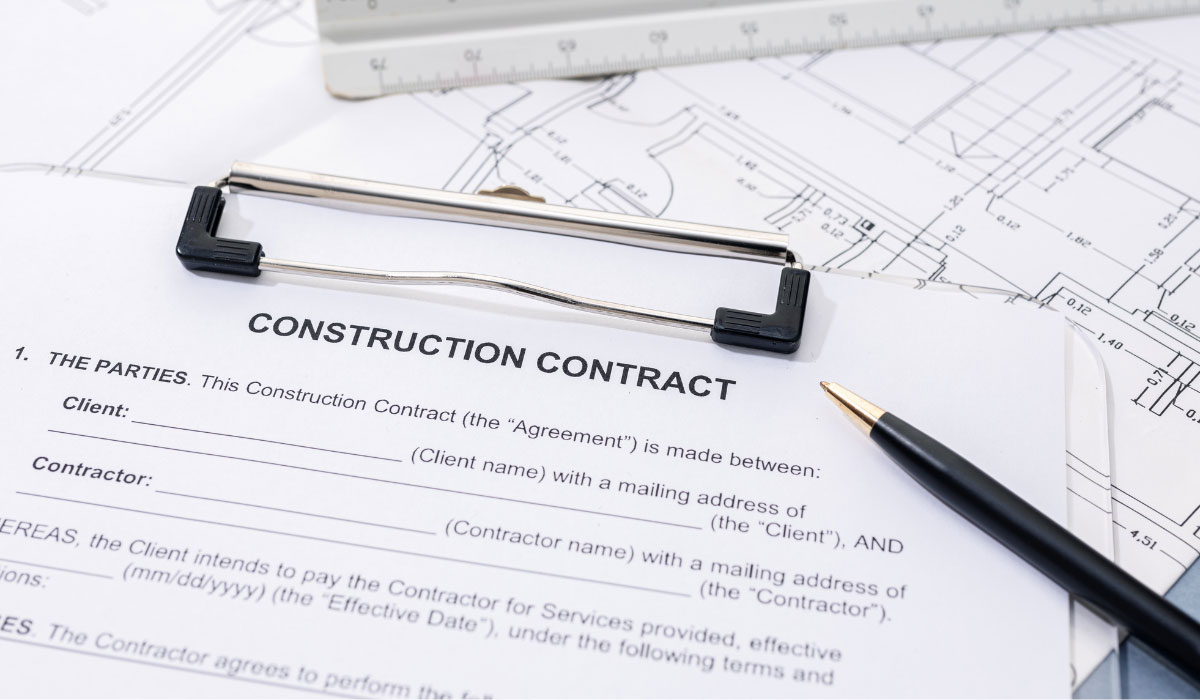Under the Massachusetts Prompt Pay Act, which governs construction contracts, unless an owner meets the Act’s “time and substance” requirements for rejecting a payment application from a contractor (ditto for subcontractors’ applications to contractors), that application will be deemed approved. Recently, the Supreme Judicial Court invited input on a question that bears directly on the importance of the wording of any such rejection notice.
As a refresher, the Act established a non-waivable timeline for the payment application process: 30 days for submission; 15/22 days for approval or rejection by an owner or contractor, respectively; and 45 days for payment after approval. The timelines can be shortened by contract, but not extended.
A rejection must contain three specific elements: (1) a statement of the factual basis for which the application (or any part thereof) is being rejected; (2) a statement of the contractual basis for the rejection (i.e., the specific provisions of the contract); and (3) a certification that the rejection is being made in good faith.
The Act means what it says: explain a rejection timely, or the application is deemed to be approved. If an owner or contractor is unable to provide a proper rejection within the allotted 15 or 22 days, respectively, their options are simple: pay the application or expect to be sued. If sued, factual defenses are waived. However, the owner or contractor may later bring any counterclaims they may have against the contractor or subcontractor, such as breach of contract, negligence, fraud, and violation of Chapter 93A.
The Supreme Judicial Court is presently seeking input on whether a defendant that failed to provide a proper rejection should lose its right to assert affirmative defenses, such as “impossibility.” However, what is of particular interest — and indeed may be fatal to the defendant contractor — is that impossibility was not listed in the contractor’s answer to the complaint being reviewed by the SJC, and apparently was not listed in the contractor’s factual or contractual basis for rejecting the payment application.
For property owners, contractors and subcontractors who may find themselves litigating payment rejections under Massachusetts’ Prompt Pay Act, the wording of those rejections is critical and may need to include legal theories that may not be front-of-mind for the construction industry professionals who normally draft and receive them. The consequences, however, can be significant. For assistance with drafting or analyzing payment rejections subject to the Prompt Pay Act, please contact PLDO Partner Joel K. Goloskie at (617) 771-1154 or at jgoloskie@pldolaw.com.


